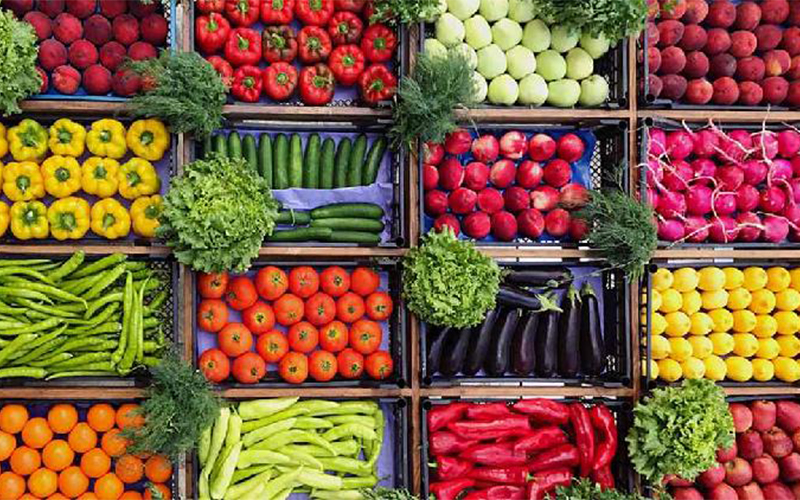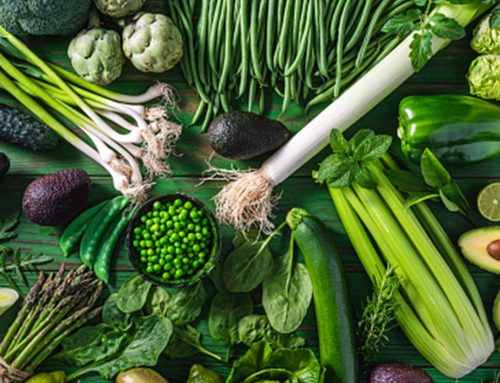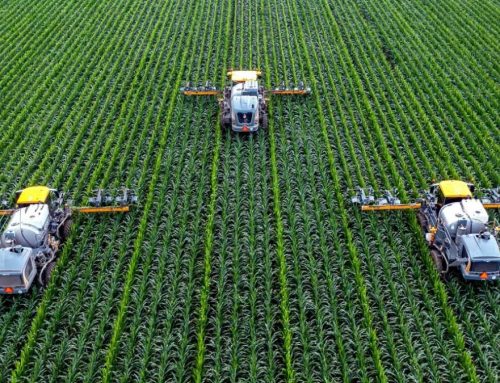In today’s globalized world, it’s easier than ever to access products and services from different parts of the world. Agriculture is one of the sectors that has greatly benefited from globalization, as it allows farmers and producers to sell their goods to consumers all over the world. The process of importing agricultural products refers to the act of bringing food and other agricultural products from one country or region to another.
Importing agricultural products from different regions has become increasingly popular in recent years, and there are several reasons for this. One of the main reasons is that it provides access to fresh produce that may not be available locally. Additionally, importing agricultural products can be cost-effective for both consumers and producers, as it can help lower prices for consumers and increase profits for producers.
Furthermore, importing agricultural products can also help stimulate the economy by creating jobs, increasing tax revenue, and improving trade relationships with other countries. In times of natural disasters or other emergencies, importing agricultural products can also help meet food demands and improve food security.
Importing agricultural products from different regions can have numerous benefits. In this blog post, we will explore these benefits in more detail and provide examples of how they can positively impact individuals, businesses, and entire economies.
Availability of fresh produce
One of the primary benefits of importing agricultural products from different regions is that it provides access to fresh produce that may not be available locally. Different regions around the world have different growing seasons and climates that make it possible to produce a wide range of fruits, vegetables, and other crops. For example, certain fruits like bananas, mangoes, and pineapples are not grown in colder climates but can be imported from regions like South America, Asia, or Africa.
By importing these products, consumers can access fresh produce year-round, regardless of their local climate or growing season. This not only benefits individuals who want to eat a variety of fresh fruits and vegetables, but also businesses like restaurants and supermarkets that can offer a wider range of products to their customers.
In addition, importing fresh produce can also help reduce waste. Often, locally grown produce is sold quickly during peak seasons, leaving a surplus that is often wasted. By importing products from different regions, it is possible to distribute fresh produce more evenly throughout the year and avoid waste.
Moreover, importing fresh produce can help support local farmers in different regions. By creating a market for their products, it enables them to earn a livelihood and support their families. This can also help boost the local economy of the region by creating job opportunities and increasing the demand for local products.
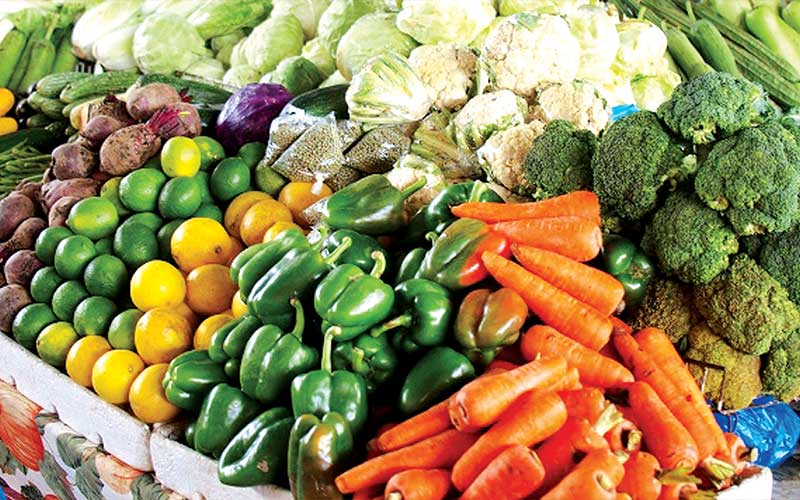
Cost-effective
Another benefit of importing agricultural products from different regions is that it can be cost-effective for both consumers and producers. The cost of producing agricultural products can vary significantly depending on factors like labor costs, weather patterns, and soil quality. Importing products from regions with lower production costs can help reduce prices for consumers and increase profits for producers.
For example, importing coffee beans from regions like South America, where labor costs are lower, can reduce the cost of production and result in lower prices for consumers. Similarly, importing rice from regions like Southeast Asia, where there are favorable weather patterns and abundant water resources, can reduce the cost of production and result in lower prices for consumers.
Moreover, importing agricultural products can also help stabilize prices. In regions where crop yields are affected by weather patterns, diseases, or pests, prices can fluctuate greatly depending on the supply and demand. By importing products from different regions, it is possible to balance the supply and demand and stabilize prices.
Additionally, importing agricultural products can help promote competition, which can lead to innovation and improved quality. When producers have access to a wider range of products, they are forced to compete with each other to produce higher quality products at lower costs. This can lead to innovations in production processes, and ultimately result in better quality products for consumers.
Boost to the economy
Importing agricultural products from different regions can also have a positive impact on the economy, providing a boost to local businesses, and creating jobs.
Firstly, importing agricultural products can create job opportunities in the transportation and logistics industry. Shipping and handling of products require the employment of individuals to manage ports, warehouses, and transportation networks. These jobs are often created in regions that have access to ports and transport hubs, which can help stimulate local economies.
Secondly, importing agricultural products can increase tax revenue for governments. When products are imported, they are subject to import taxes and customs duties, which can provide revenue for the government. This additional revenue can be used to fund public services such as education, healthcare, and infrastructure, which can improve the overall quality of life in the region.
Thirdly, importing agricultural products can help build stronger trade relationships with other countries. When countries trade with each other, it creates a relationship built on mutual economic benefit, which can lead to further trade agreements and investment opportunities. This can also lead to increased foreign direct investment, which can create jobs and stimulate economic growth.
Finally, importing agricultural products can also help support local businesses. When local businesses have access to a wider range of products, they can improve their product offerings and provide better quality products to their customers. This can increase customer loyalty and ultimately help these businesses grow and expand.
Improved food security
Food security is a critical issue, particularly in regions where natural disasters, conflicts, and economic challenges may impact the ability to produce enough food to meet the demand of the population. Importing agricultural products from different regions can improve food security by ensuring that there is a consistent supply of food available to meet the needs of the population.
Importing agricultural products from different regions helps ensure that there is a diverse range of food available, regardless of local weather patterns or crop failures. In times of drought or other weather-related disasters, it may be difficult for local farmers to produce enough food to meet the demand. However, by importing food products from other regions, it is possible to supplement the local supply and ensure that people have access to the food they need.
Furthermore, importing food products can help reduce the impact of economic and political instability on local food production. Economic downturns, political instability, and natural disasters can disrupt the food supply chain, causing food prices to rise, and leading to shortages. However, by importing food products from other regions, it is possible to maintain a consistent food supply, even during times of economic or political instability.
Moreover, importing agricultural products can also help address nutritional deficiencies in some regions. Certain fruits, vegetables, and other crops are not grown locally or are not widely available, which can lead to nutritional deficiencies. Importing these products from other regions can help address these deficiencies and improve overall health.
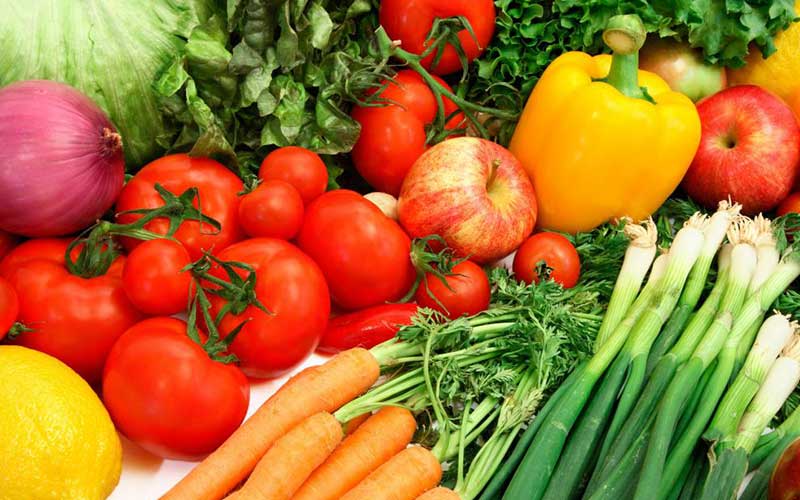
Increased diversity of food choices
Importing agricultural products from different regions can also increase the variety of food choices available to consumers. Different regions around the world have unique food cultures and growing conditions that result in a diverse range of crops and products. Importing these products can introduce new flavors, ingredients, and cuisines to local markets, expanding the range of food choices available to consumers.
For example, importing spices from India or Thailand can introduce new flavors and spices to local markets. Similarly, importing tropical fruits from Latin America, such as papaya, passion fruit, and dragon fruit, can offer consumers new and unique flavors that may not have been available locally.
In addition, importing agricultural products can also promote cultural exchange and celebrate diversity. When consumers are exposed to different food cultures and cuisines, it can spark interest in other cultures and traditions. This can promote tolerance and understanding and help break down cultural barriers.
Moreover, importing agricultural products can also benefit local businesses, particularly those in the food and hospitality industries. When businesses have access to a wider range of products, they can innovate their menus and offer new and exciting dishes to their customers. This can attract new customers and increase customer loyalty.
Conclusion
In conclusion, importing agricultural products from different regions can provide numerous benefits, including access to fresh produce, cost-effectiveness, a boost to the economy, improved food security, and increased diversity of food choices. These benefits can have a positive impact on individuals, businesses, and entire economies.
As a company that focuses on the importation and exportation of agricultural products globally, Highland Connections can be of great help to businesses and individuals looking to benefit from importing agricultural products. We work with local farmers and producers to source high-quality products from different regions around the world. Our experienced team handles all aspects of the supply chain, from sourcing and shipping to customs clearance and delivery, ensuring that our clients receive their products on time and in top condition.
Moreover, we have extensive knowledge of the global market and can help our clients navigate the complexities of international trade. Our services include market research, product sourcing, quality control, and logistics management. We work closely with our clients to understand their needs and provide customized solutions to meet their requirements.
In addition, our commitment to sustainability ensures that we source products that are grown and produced in an environmentally responsible way. We prioritize working with farmers and producers who practice sustainable farming methods and support fair labor practices.

